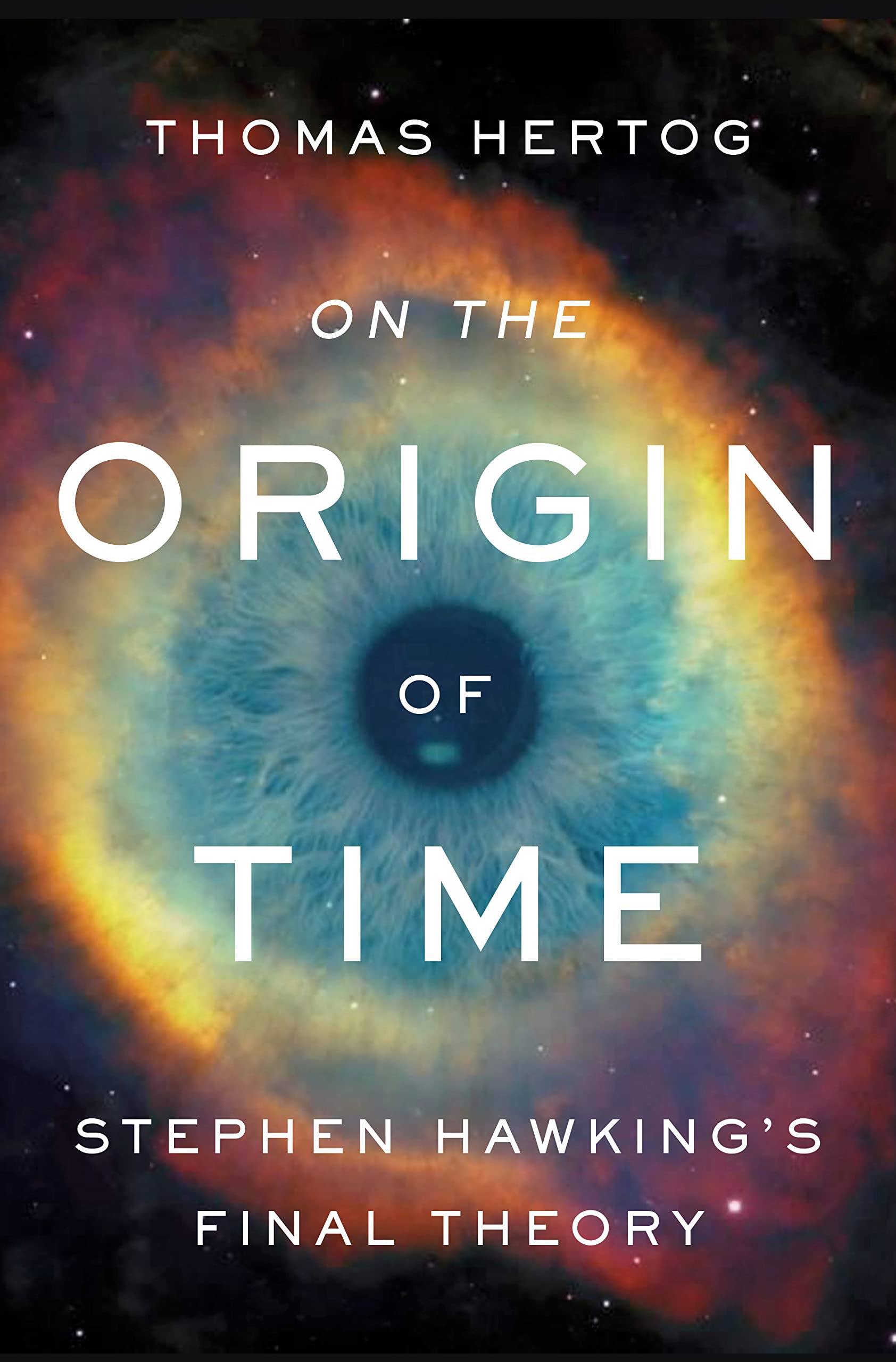In 2002 Thomas Hertog received an email summoning him to the office of his mentor Stephen Hawking. The young researcher rushed to Hawking’s room at Cambridge. “His eyes were radiant with excitement,” Hertog recalls.
Typing on the computer-controlled voice system that allowed the cosmologist to communicate, Hawking announced: “I have changed my mind. My book, A Brief History of Time, is written from the wrong perspective.”
Thus one of the biggest-selling scientific books in publishing history, with worldwide sales credited at more than 10m, was consigned to the waste bin by its own author. Hawking and Hertog then began working on a new way to encapsulate their latest thinking about the universe. – Robin McKie (March 19, 2023)

The outcome is a new book, On the Origin of Time (Penguin Random House, April, 2023).
According to Hertog, the new perspective that he has achieved with Hawking reverses the hierarchy between laws and reality in physics and is “profoundly Darwinian” in spirit. “It leads to a new philosophy of physics that rejects the idea that the universe is a machine governed by unconditional laws with a prior existence, and replaces it with a view of the universe as a kind of self-organising entity in which all sorts of emergent patterns appear, the most general of which we call the laws of physics.” – Robin McKie (March 19, 2023)
But doesn’t self-organization of the universe, as is now suggested, entail some sort of panpsychism?
You may also wish to read: Why is science growing comfortable with panpsychism (“everything is conscious”)?